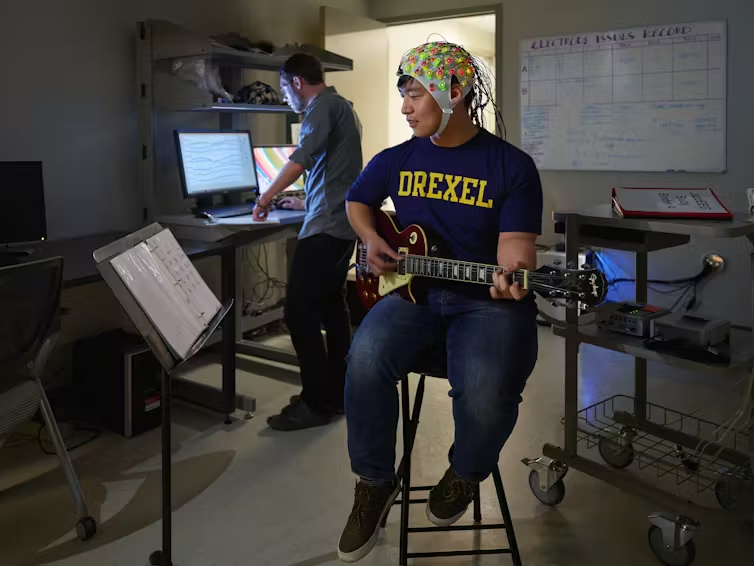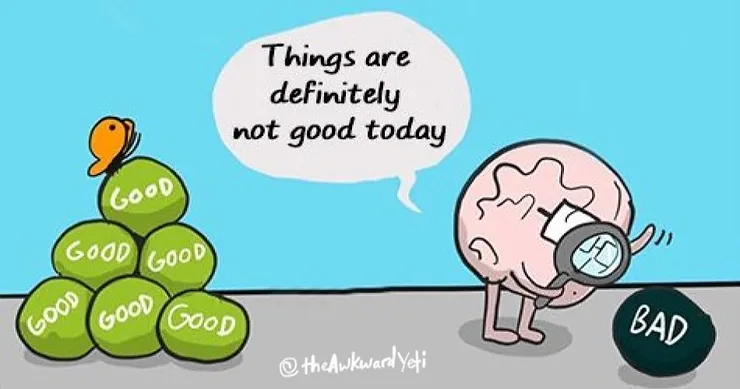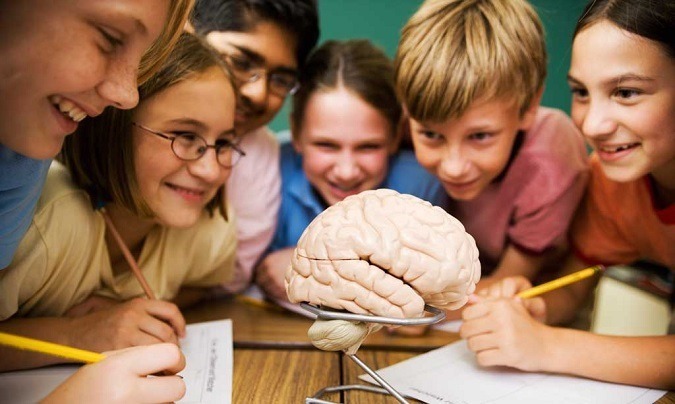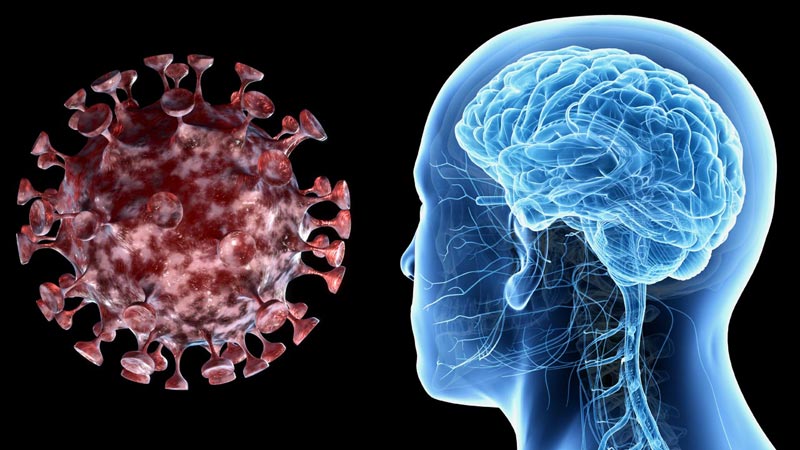Posts Tagged ‘cognitive-control’
Neuroimaging study shows how being “in the zone” requires intensive practice first and then learning to surrender
Flow, or being “in the zone,” is a state of amped-up creativity, enhanced productivity and blissful consciousness that, some psychologists believe, is also the secret to happiness. It’s considered the brain’s fast track to success in business, the arts or any other field. But in order to achieve flow, a person must first develop a strong…
Read MoreOn the importance of managing negativity bias to protect cognitive control and prevent depression relapse
Many people around the world suffer from depression. Though depression can be extremely debilitating, evidence-based treatments (like cognitive-behavioral therapy) provide hope, because they can be very effective in treating the negative thinking that accompanies depression.
Read MoreUpdate: Promote brain plasticity by taking your daily exercise pill — physical and cognitive
Welcome to a new edition of SharpBrains’ e‑newsletter, featuring nine scientific reports and industry developments to help promote lifelong brain health. #1. A must-read, and must-practice: Promote brain plasticity and keep your mind at ease by taking your daily “exercise pill” #2. If cognitive stimulation came in a pill it’d be worth a quadrillion, give or…
Read MoreHelping young brains fight off anxiety by training and raising cognitive control
Anxiety is one of the most common childhood mental disorders. About 7% of children suffer from it at any given time, with nearly 1 in 3 adolescents experiencing it sometime during their teen years. For an anxious child, seemingly normal activities can be hard. Worried kids have trouble adjusting to school, making friends, and learning. They…
Read MoreHow COVID-related stress can disrupt your brain circuits and nine tips to prevent it
COVID-19 has touched each of us somehow. Many now recognize that caring for our mental health is as essential as addressing the virus if we are to emerge stronger, more connected and more resilient. The Ancient Greeks said “know thyself” to live soundly, but it is only now that we have the technology to start…
Read MoreStudy: Strenuous physical exercise may lead to cognitive –not just physical– fatigue
__________ Too Much Exercise Can Tire Our Brains Out, Too (Discover Magazine D‑brief): “For years, the National Institute of Sports, Exercise and Performance (INSEP) in France had been studying an unusual phenomenon. If an athlete’s workout regiments were ramped up, it didn’t always lead to a better performance — even if that athlete felt like…
Read More





